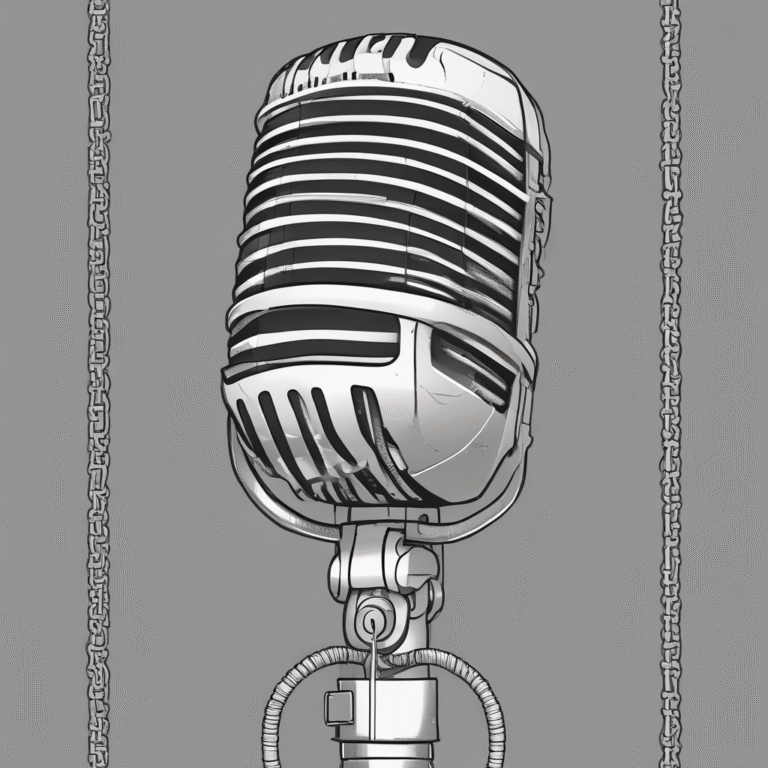EU is Watering Down AI Protections, Say Musicians
More than 30 European music creators have voiced their concerns over the implementation of the EU AI Act, urging policymakers to uphold copyright and transparency obligations. They have taken to social media, posting videos that highlight the risks posed by generative AI developers who may utilize their music without consent.
A website titled ‘Stay True To The Act’ has been established to host these videos. The platform emphasizes that “artists are at risk of generative AI developers taking their music to train models without their consent.” The generated AI models can produce vast amounts of content based on an artist’s music without the artist’s knowledge or control.
The EU AI Act was enacted to protect artists from such exploitation. However, as the EU moves forward with its implementation, concerns are rising that the legislation is being diluted, failing to hold AI companies accountable for their actions. Artists across Europe are now calling on the EU Commission to adhere to the original intent of the Act and advocate for their rights.
Key Provisions of the EU AI Act
The EU AI Act introduces comprehensive regulations on artificial intelligence throughout the European Union. The most significant aspect for the music and creative industries is the article that mandates AI companies to comply with European copyright law. They are required to publicly disclose a detailed summary of the content used for training, following a template provided by the AI Office.
Copyright owners, particularly in the music sector, argue that AI companies should be obligated to reveal the existing content utilized in training their generative AI models. This requirement allows rightsholders to potentially pursue copyright infringement litigation or negotiate licensing agreements if their content has been used without permission.
Concerns Over Implementation
Initially, the AI Act was expected to enhance transparency within Europe. However, since its passage, there have been ongoing concerns that the transparency obligations may be weakened during implementation, rendering them ineffective for copyright owners.
A consortium of trade groups representing creators and rightsholders—including prominent music industry organizations such as AEPO-ARTIS, CISAC, EMMA, IAO, ICMP, IFPI, and IMPALA—has been advocating for the European Commission to prevent this dilution of the law. This coalition has united artists from various EU countries to raise their voices on this critical issue.
Voices of Concern
Notable participating creators include Portuguese musicians Tomas Wallenstein and Dela Marmy, Spanish singer-songwriter Álex Ubago, Finland’s Goldielocks, and Poland’s 2025 Eurovision contender Justyna Steczkowska.
In a joint statement, the trade groups emphasized, “The EU AI Act, passed in 2024, included groundbreaking provisions requiring AI developers to disclose the content used to train their models.” They warned that the ongoing implementation process risks diluting these provisions, which are vital for ensuring accountability among AI companies.
The Stay True To The Act campaign serves as a direct appeal to European policymakers, urging them to ensure that the implementation of the Act maintains its original principles of transparency, accountability, and protection for European creators.









